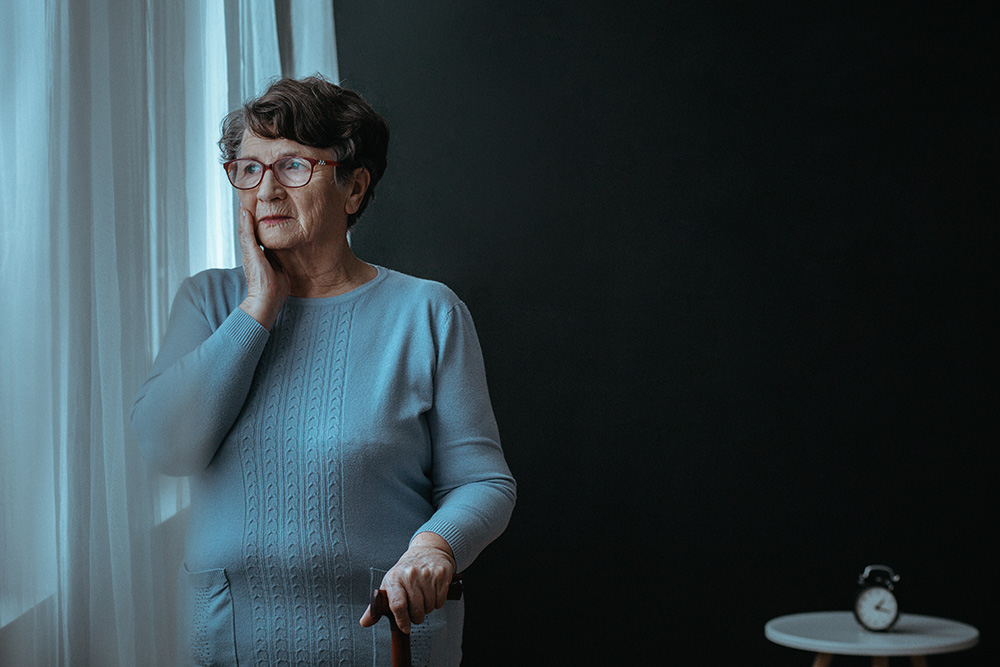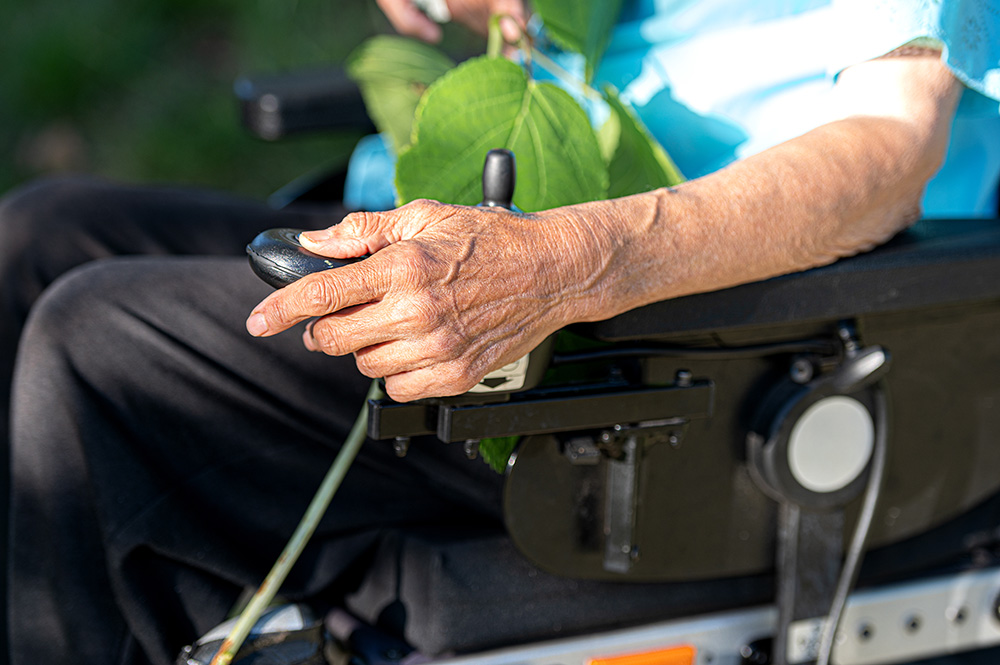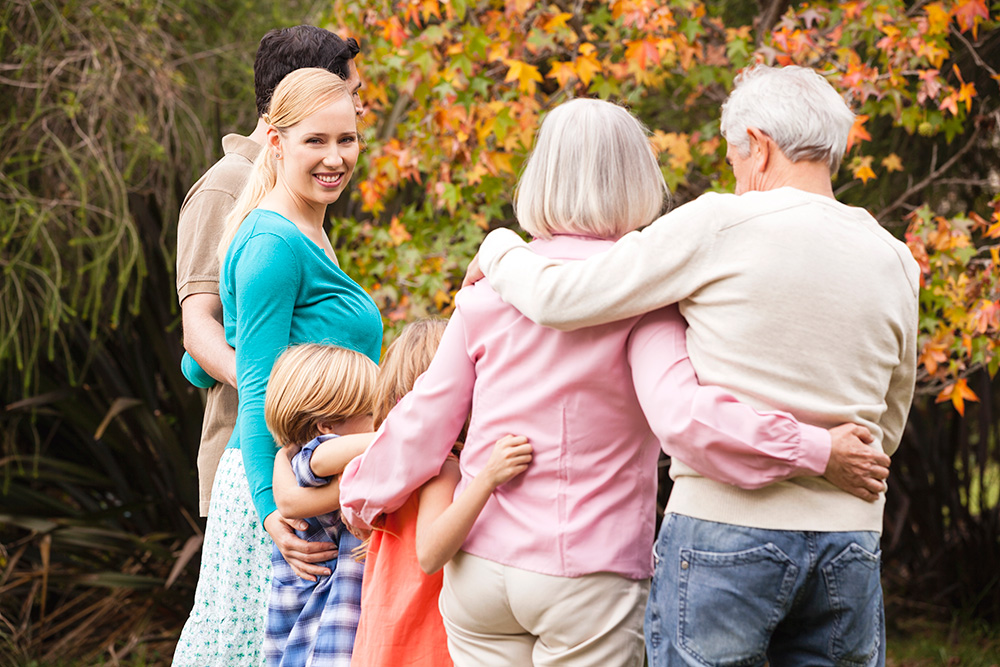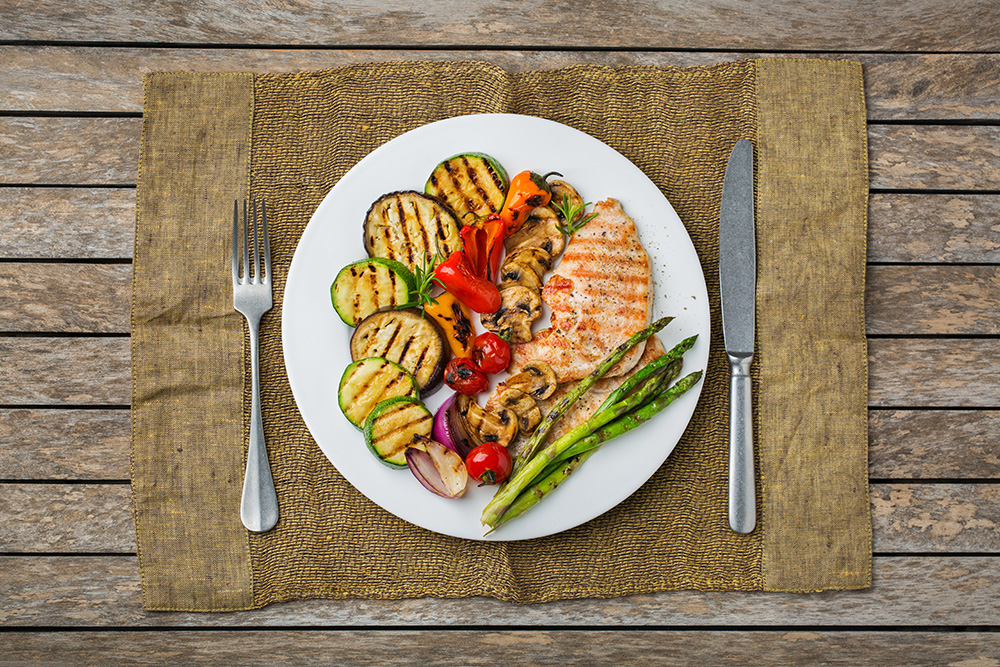
by bbworks | Nov 3, 2025 | Care
As your loved one ages, social isolation can creep in. Age can limit their mobility and energy levels, which makes it harder for them to be socially active. For many older adults, aging can make it harder to leave the house and lead a socially fulfilling life. This...

by bbworks | Oct 22, 2025 | Care
Fall is a time when we look to upcoming holidays and plan to be together with family. But it can be a time to reevaluate how we approach family situations. As kids are off to college, some families look to see how their older loved ones are doing. Is it time for them...

by bbworks | Oct 13, 2025 | Care
Those living with Amyotrophic Lateral Sclerosis (ALS) understand that it can impact their daily life. For older adults with this condition, performing daily care tasks can become more difficult over time. This article will explore some of the daily challenges those...

by bbworks | Oct 2, 2025 | Care
In America, many family members have to step up to help their aging parents or family members. As a caregiver, you often make sacrifices to your own life to provide support to your loved one. But it is also vital to ensure that your needs are being met. Taking care of...

by bbworks | Sep 21, 2025 | Care
Family caregivers may notice that their older loved one appears to be losing weight or eating less as they age. Loss of appetite can become more common with age, but it can also become a major issue. As a family caregiver, you need to make sure that your loved one is...






